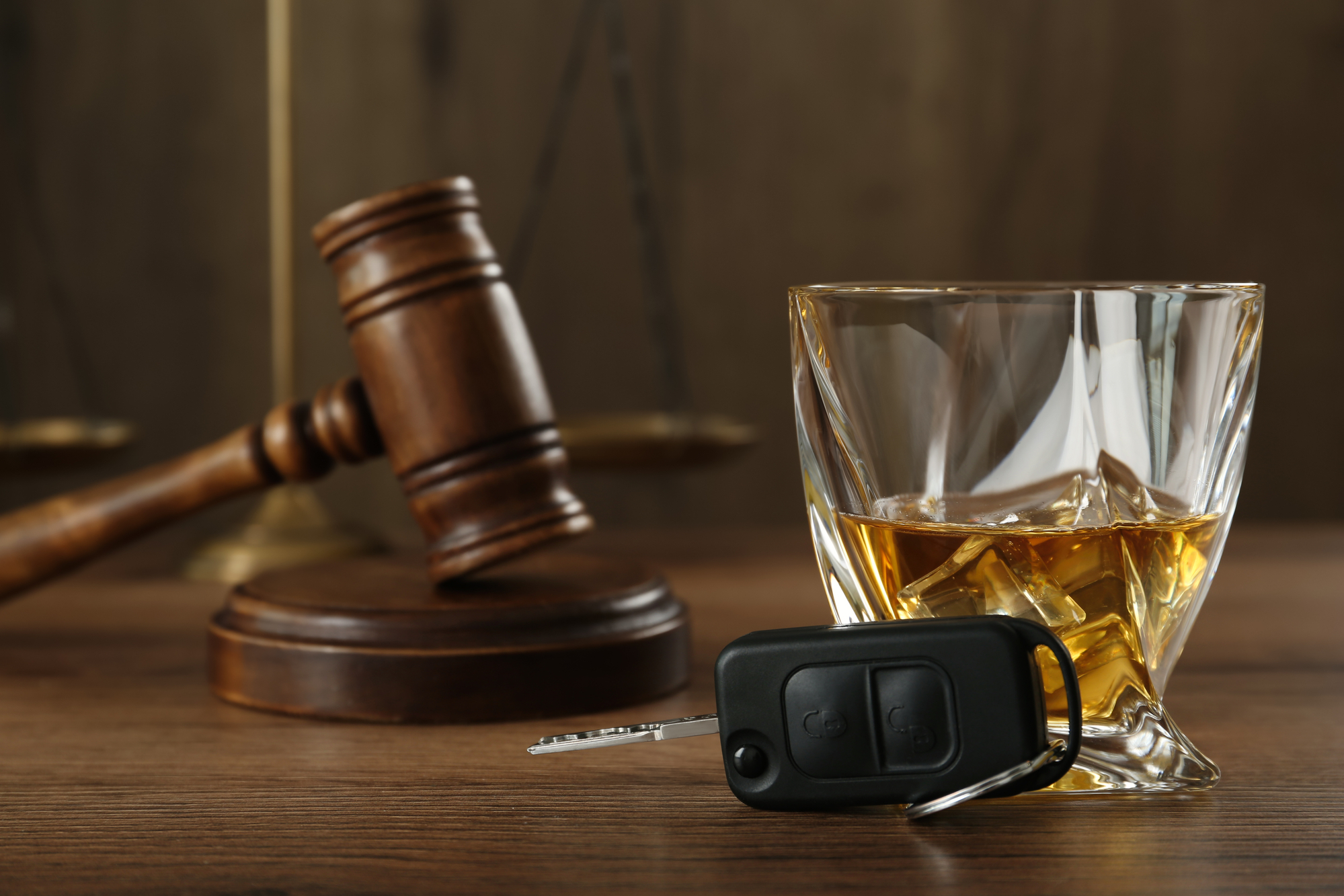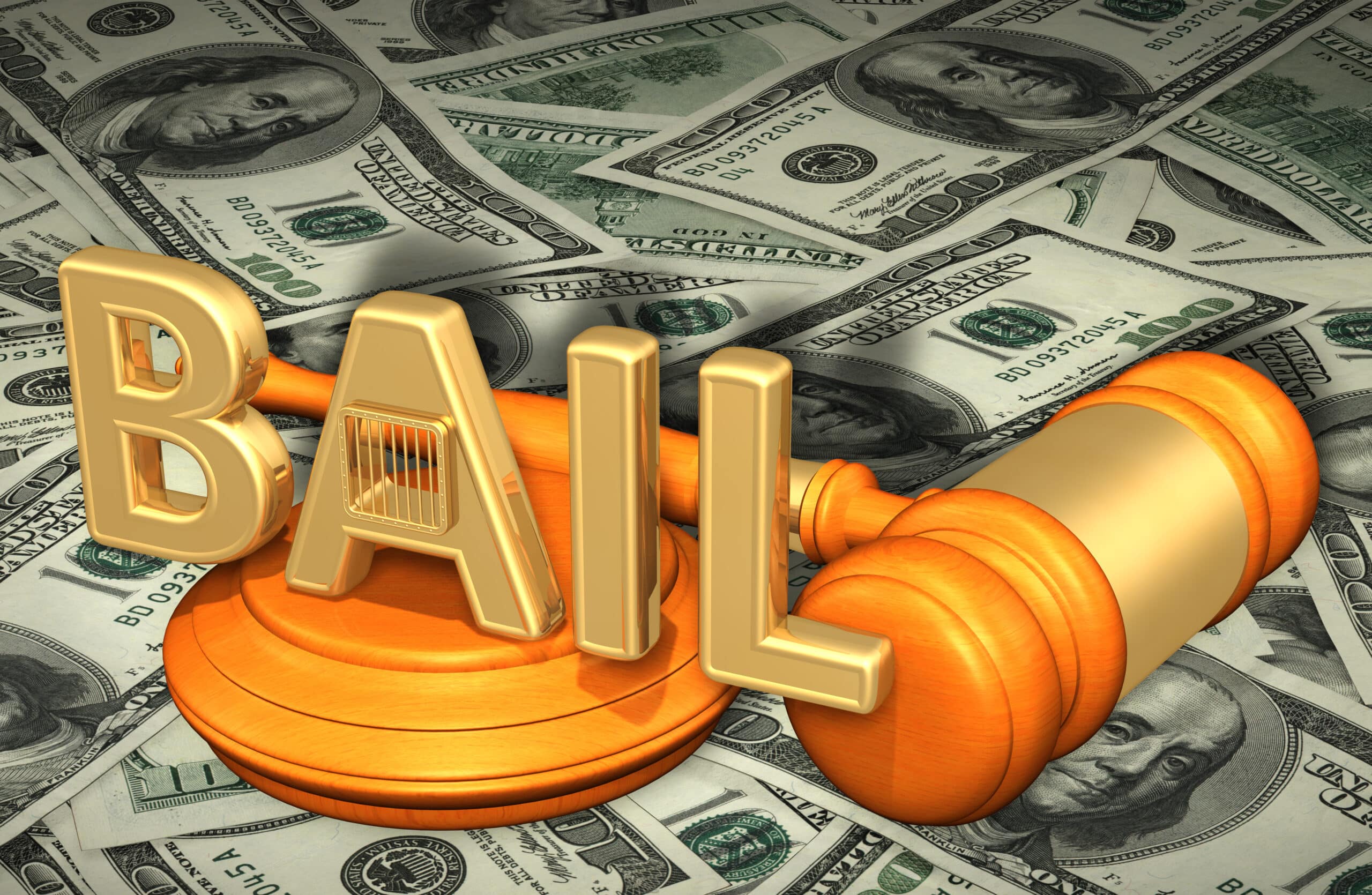Alcohol is still one of the leading causes of serious and fatal motor vehicle accidents in Texas. In an effort to discourage drivers from operating a vehicle while under the influence of drugs, alcohol, or controlled substances, the Lone Star state takes every DWI case seriously and imposes harsh penalties, even for first-time offenders. If you have been charged with your first DWI in Texas, it is crucial to know what to expect and why hiring an attorney as soon as possible may be in your best interest.
What Are the Charges and Penalties for a First DWI in Texas?
Many people charged with a DWI for the first time have no prior criminal history. However, the criminal justice system typically shows no leniency for drivers who had one too many drinks and decided to get behind the wheel of their vehicle.
In many cases, drivers charged with a first DWI may be convicted of a Class B misdemeanor, which can result in a minimum of three and a maximum of 180 days in jail and a fine of up to $2000. In some cases, the defendant may be able to avoid spending three days in jail if the judge grants them probation or chooses an alternative sentence, such as doing community service or attending DWI classes. It is important to mention that certain factors may lead to more serious charges and harsher penalties, such as having your BAC above 0.15% or having a child in the car while driving intoxicated.
What Aggravating Factors Can Lead To Harsher Penalties for a First DWI?
A first-time DWI charge can result in escalating fines and longer jail time if any of the following aggravating circumstances are applicable, regardless of whether you have any prior criminal history or not: (1) having a minor in your vehicle when arrested for a DWI; (2) having a BAC of 0.15% or higher; (3) causing injuries to someone after driving while intoxicated; (3) causing the death of another person after driving while intoxicated.
If you were arrested for a DWI and were transporting a minor under 15 years of age, your DWI automatically escalates from a misdemeanor to a felony, regardless of whether the child was your own or not. If your BAC was 0.15% or higher, you may be facing a Class A misdemeanor charge and be required to install an Ignition Interlock Device in your vehicle. If you caused any bodily harm to another person while under the influence, you could be charged with intoxication assault, which is a third-degree felony leading to a penalty of up to ten years in prison and a $10,000 fine. If you caused the death of another person while under the influence, you could be charged with intoxication manslaughter – a second-degree felony that could result in two to ten years in prison and a $10,000 fine. Having any previous criminal convictions or DWI convictions can also make your case even more complicated.
What Are the Civil Consequences of a First DWI Conviction?
Having a DWI on your record is not something to be taken lightly. Even if you received a Class C misdemeanor conviction, you may still be faced with a variety of civil penalties and other consequences that may affect you for years to come.
The most common civil penalties for a DWI are license suspension and civil fees, which are essentially fines paid to the Texas DPS. Your license suspension may last between 90 and 180 days or longer in some cases, and you may have to pay as much as $ 3,000 in civil fees for your first DWI in 36 months. A second DWI in a 36-month period may cost you $4,500. If your BAC was 0.15% or higher, you may have to pay a civil fee of $6,000. You may also be required to pay out of pocket to install an Ignition Interlock Device on your vehicle after your license is reinstated and may likely be dealing with a significant increase in your car insurance premiums.
Can DWI Charges Be Waived or Reduced?
Being arrested for a DWI does not have to mean you reached the end of the road. There are several options an attorney can explore to try to have your charges reduced or dismissed altogether. However, you must act quickly and reach out to a skilled DWI attorney as soon as you are taken into custody.
Your attorney can help argue in your favor and convince the prosecution to only seek the minimum charges and waive enhanced penalties. In some cases, your attorney may be able to help you apply for deferred adjudication, which may allow your charges to be dropped if you fulfill all the requirements set forth by the judge. These requirements may include attending a rehab program, mandatory DWI classes, and not having any new DWI or criminal charges for a set period of time, for example.
DWI laws can be complex and present several nuances that may or may not work to your advantage. Seymour & Vaughn has successfully represented several clients charged with a DWI in New Braunfels, Texas, and surrounding areas. Our legal team can assist you by investigating the circumstances surrounding your case and building an effective defense strategy to increase your chances of having your charges reduced or dismissed or securing an alternative sentence that allows you to avoid jail time. Reach out to our law office by calling 830-282-8751 and requesting a free consultation to discuss your case and see how we can help you.








